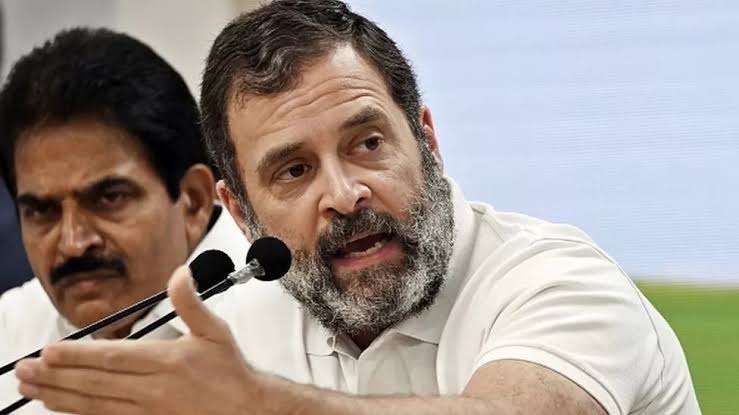
In a significant move highlighting the dire need for purity in politics, the Gujarat High Court recently made a noteworthy observation while delivering its verdict in the Rahul Gandhi defamation case. The court’s statement brings to the forefront a crucial aspect that has long been a concern for citizens around the world – the integrity and transparency of political systems. This article delves into the significance of the court’s observations and emphasizes the pressing need for purity in politics.
The Verdict:The defamation case against Rahul Gandhi, a prominent political figure, reached its conclusion with the Gujarat High Court’s order. While the court’s primary focus was on the legal aspects of the case, it also seized the opportunity to address the broader issue of purity in politics. The court recognized that the case was emblematic of the prevailing malaise in the political sphere and underscored the importance of rectifying this problem.
Need for Purity in Politics:* Restoring Trust: Purity in politics is vital to restore public trust in the democratic process. Instances of corruption, dishonesty, and unethical behavior among politicians have eroded the faith of the people in their elected representatives. The court’s emphasis on purity in politics highlights the urgent need to regain that trust by ensuring politicians adhere to the highest ethical standards.
*Upholding Democracy: Politics is the backbone of any democratic society, and a lack of purity can undermine the very foundation of democracy. When political decisions are motivated by personal gain, nepotism, or corruption, it hampers the welfare of the citizens and weakens the democratic fabric. Ensuring purity in politics is essential to preserve the principles of fairness, accountability, and justice.
* Setting an Example: Political leaders serve as role models for society, and their actions have far-reaching implications. By maintaining purity in their conduct, politicians can inspire citizens and foster a culture of integrity. It is essential for political leaders to lead by example, adhering to ethical principles and demonstrating unwavering commitment to public service.
* Effective Governance: Purity in politics is closely linked to effective governance. When politicians prioritize the public interest above personal gain or partisan agendas, it paves the way for efficient decision-making and the implementation of policies that truly benefit the citizens. Clean politics fosters an environment where the focus remains on welfare, development, and progress.
* Encouraging Participation: A clean and transparent political system encourages citizen engagement and participation. When people believe their voices will be heard and their concerns will be addressed, they are more likely to actively participate in political processes. This inclusivity strengthens democracy and leads to more representative governance.
Conclusion:The Gujarat High Court’s recognition of the need for purity in politics serves as a wake-up call for society and the political establishment. It emphasizes the urgency of addressing the prevailing issues of corruption, dishonesty, and lack of integrity in the political sphere. Striving for purity in politics is not a mere aspiration; it is an essential requirement for the sustenance of democracy and the betterment of society as a whole. It is now up to citizens, politicians, and institutions to take this call to heart and work towards a political landscape where honesty, accountability, and public welfare are the driving forces behind every decision and action.
